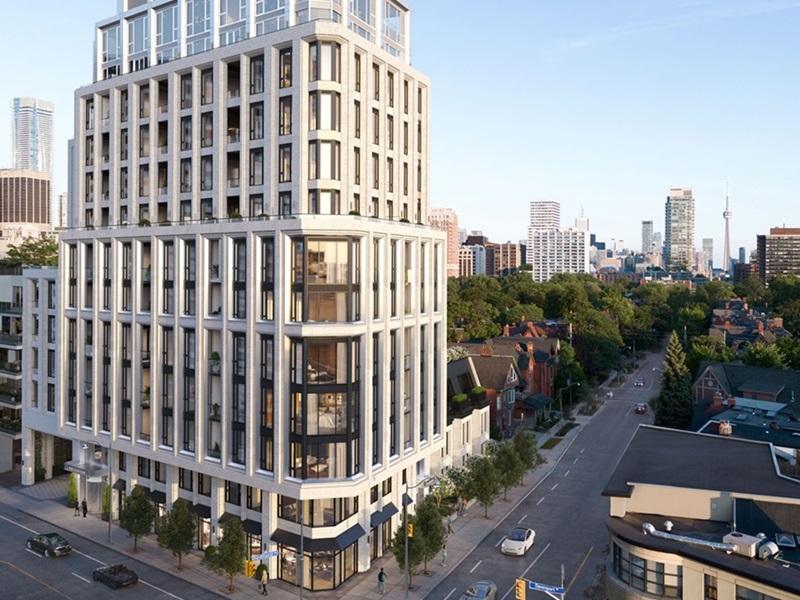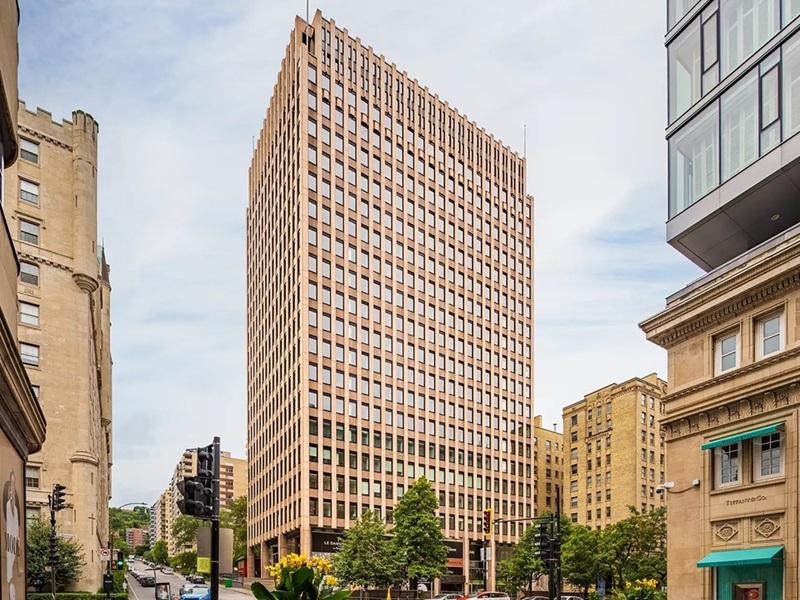The answer to the question of what the best time is for apartment building disposition is one of those that changes depending on who asks.
From the numerous calls building owners receive from multi-family brokerage firms, the best time to sell an apartment building is often “right now.” This is likely true, from the brokerage perspective. Apartment brokerages get the commission regardless of whether you’ve sold your apartment building for the highest price.
For many apartment building owners, it rarely feels like a good time to sell. Their asset is likely generating valuable income and they don’t want to face the hassle of preparing their building for sale.
However, too many building owners who take this approach end up being forced to sell their asset when they’re not ready. They sell for reasons beyond their control, such as a family death, retirement, divorce, or — the worst — when the asset is underperforming. All of these factors depress the value of an asset, and its disposition price.
So, even if a building owner isn’t planning to sell in the short term, they should be asking themselves when is the right time to sell and they should consult with experts who could tell them when this time is.
Good times? Bad times? Both could be good
An apartment owner may think the only good time to sell is when the multi-family rental industry is doing well. When vacancies are low, cap rates are dropping and average rents rising, investors will be excited about getting into the industry.
While it may be easy to sell an apartment building in this market, it may not provide the best valuation. Other competitors may also be motivated to sell and you may end up selling into a glut in the marketplace.
Multi-family industry analysts have even identified cyclical changes to the marketplace which suggest some months may be better to sell than others.
In Chicago, for instance, the best month to sell is February, determined by the lowest average time most properties spend on the market before being sold. The worst month is November.
One theory for this trend is that the property marketplace cools down during the Christmas and Super Bowl seasons. In February, buyers come out of hibernation looking to buy, but sellers are slow to respond and many don’t end up listing until March. In that one-month window, a mini sellers’ market is produced.
However, few buyers can count on meeting these cyclical changes, which vary from city to city, as they may not mesh with the more important personal reasons to sell or not sell.
Change awareness
Multi-family asset owners need to be aware nothing is static.
In addition to the macro and microeconomic changes going on around them, the area around the location of the asset is also changing. Current renters are getting older. The needs that led them to rent at a particular apartment building may no longer apply.
The same goes for the needs prospective renters are looking to fill. A building owner needs to be aware of the area’s demographics, how it has changed since they invested in their asset and how it is likely to change in the future.
They may need to adjust their asset so it continues to supply what the market demands. If the owner doesn’t have the resources or the inclination to make these changes, then it may make more sense to sell the asset.
Apartment buildings are tremendous sources of income, but times will come when it makes more sense to let go of that income for a sale.
It is important to consider the state of the building. How much maintenance needs to be done? What systems are reaching the end of their lifecycles or are becoming obsolete? Does the roof need to be replaced? Do new security systems need installing?
As these questions multiply, the owner needs to consider how much investment they’re willing to make in updating their building to get operating costs down and increase their net 0perating income (NOI). They need to ask if they will be staying around long enough for their investments to bring back a substantial return.
Maximizing your apartment building value
In such a situation, it may make more sense to put the building on the market and let the next owner make the investments needed. A properly priced diamond-in-the-rough will sell quickly.
Another way that an owner could make the most of their asset, if they decide to sell, is to invest in improvements on a selection of units within the building, upgrading them in ways that offer the most value within the market. Once these renovations are done, rents are these units are raised accordingly.
This will increase the final disposition price, because it highlights how much the building’s value can increase if all of the units are so renovated.
All of these changes require an understanding of the marketplace which could be beyond the resources of a single owner, especially if they want to be aware of how potential competitors are changing to meet these changes.
Fortunately, an experienced consulting agency or brokerage firm can research the building, the building’s competitors, and the history and trends of the marketplace to come up with informed and unbiased recommendations about how to handle the future.
With such a report, an owner can be confident they are making the best decision and realizing the best return on their investment.
Selling quickly during the good times
Even if an owner puts a building on the marketplace during a good time to sell, a good time can become a bad time very quickly if the building’s sale period drags on. It is important for the seller to ensure everything about the building is ready for final disposition and that no paperwork, due diligence issues, or regulatory problems can delay a potential purchase.
Before a building is placed on the market, a seller should do a careful audit to identify problems that could derail a potential sale. It is far better to pay to fix the problem now, or reflect the issue in the purchase price, than it is to have the problem materialize while the sale is in progress, causing offers to vanish.
When considering whether, and when, to sell an apartment building, owners should consult with a reliable professional broker with long experience in the purpose-built rental apartment industry. They can look not only at the marketplace, but at the building itself to alert you what needs to be done to make a sale go off without a hitch.
The best ones may even recommend not selling at that time, but instead to invest in improvements which could enhance a building’s net operating income.
What happens next
Making the most of your investment doesn’t end with establishing a sale price, closing the deal and accepting the funds.
Decisions that occur after the sale can significantly affect how your investments perform:
* What are the tax obligations resulting from the sale, and how can these be minimized?
* Do the funds need to remain liquid, or can they be invested in new assets elsewhere?
* Where should the new assets be built or found?
These are important questions that should be addressed even before an owner decides on the final disposition of their property. This ensures funds aren’t lost in the aftermath, and can also be an important factor in deciding whether to sell in the first place.
Consider also that the final disposition of one building could provide the funds needed to acquire a different asset with a higher return on investment.
Making an informed decision
The reasons for apartment disposition are often as diverse as the apartments themselves. These can prove challenging when it comes to selling a multi-family asset for the best valuation.
However, planning ahead for a sale, even when an owner isn’t planning to sell yet, will ensure an asset is sold at its best possible value. That is why it is important to contact a professional broker and asset manager, and plan ahead.
Preparing a multi-family asset for disposition based on value can take a year or more to maximize rent and lease management to the market levels.
SVN Rock Advisors stays in the know for our clients. We are Multifamily Specialists in Brokerage, Feasibility Studies, Purpose-Built Apartment Development Consulting, Asset Management, Lease-ups & Value Creation.







